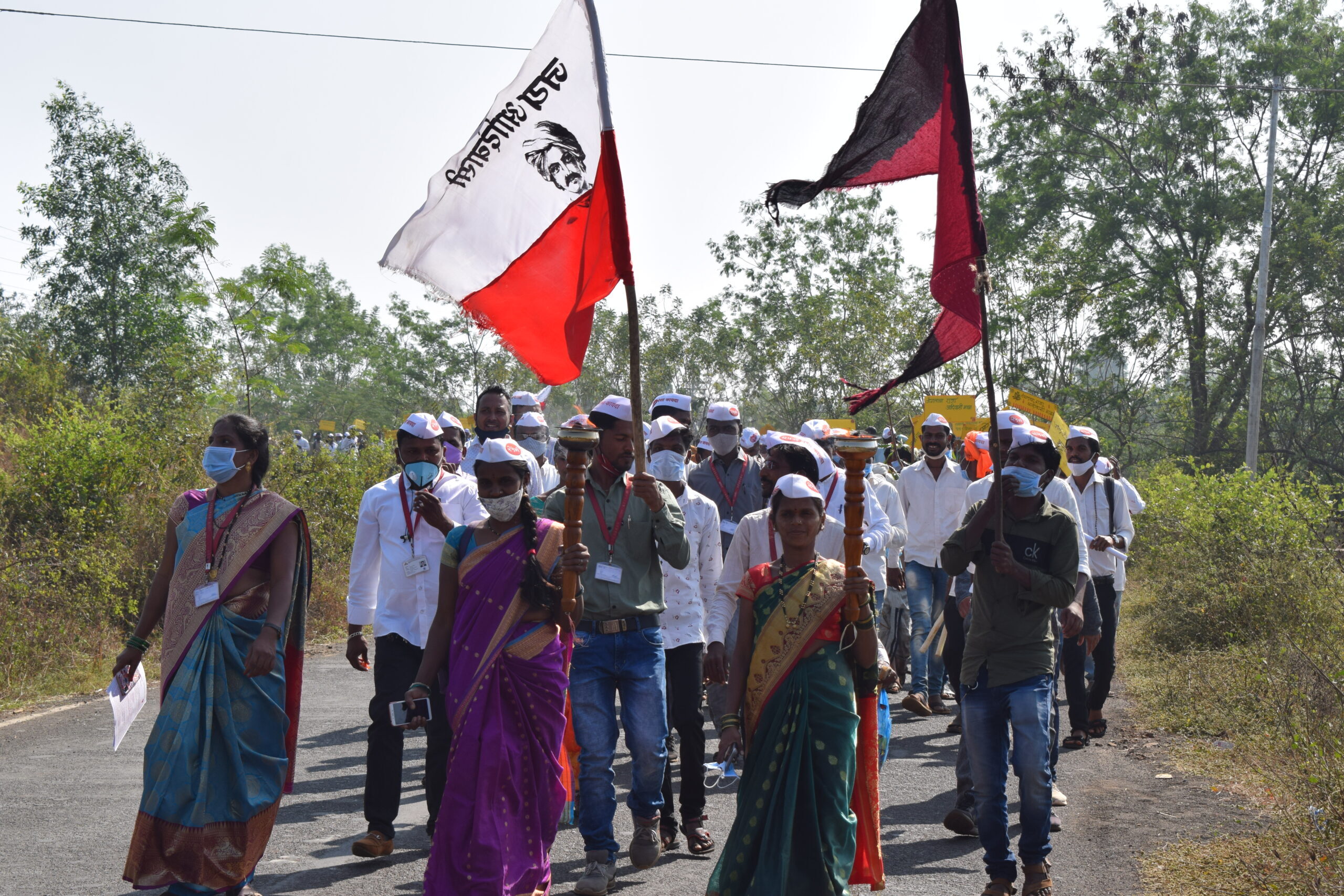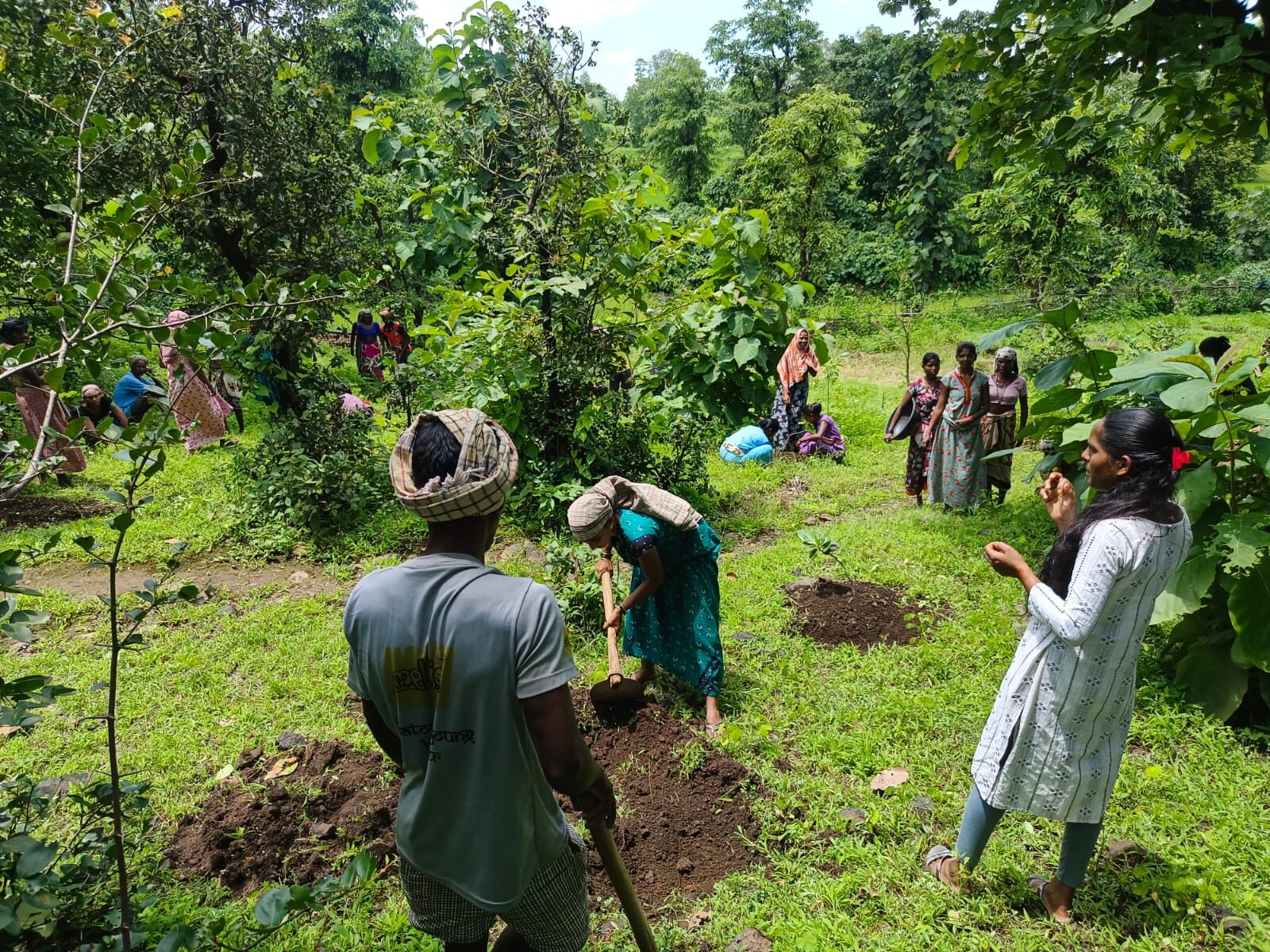30 villages declared PESA villages
In 1996 the Parliament of India enacted Panchayats (Extension to Scheduled Areas) Act, 1996, also known as the PESA Act. The landmark act gives rightful powers to gram sabhas in Scheduled Areas. The key feature of this act is to give native residents of these areas the ability to govern themselves through reservations for tribal individuals in Panchayati raj institution, manage natural resources through Gram Sabhas, and ensure each tier of local government is independent.
Despite being a Schedule-V territory with a 100% tribal population, several tiny villages and hamlets in Mokhada do not have PESA status. The bureaucracy is apathetic, and the public is mainly oblivious. In 2014-15, the government launched a push to declare PESA communities, and several hamlets submitted documentation for registration. These submissions were ignored. By organising meetings and designating training motivators for every village, AROEHAN’s Pada Samitis increased awareness.
With our initiatives to make people aware of the PESA Act and ensure their active participation, we have facilitated the submission of proposals for declaration of PESA villages. With regular follow-ups with the Project Officer at the Integrated Tribal Development Project (I.T.D.P) Jawhar, the submissions were accepted and villages were self-decalred as PESA villages.
In the last five years, through various initiatives, AROEHAN successfully helped 30 villages to be declared as PESA villages. Earlier this year, AROEHAN conducted a month long campaign for PESA and Panchayati Raj awareness, engaging over 3,220 individuals from 80 villages in Mokhada, Jawhar, and Dahanu.





